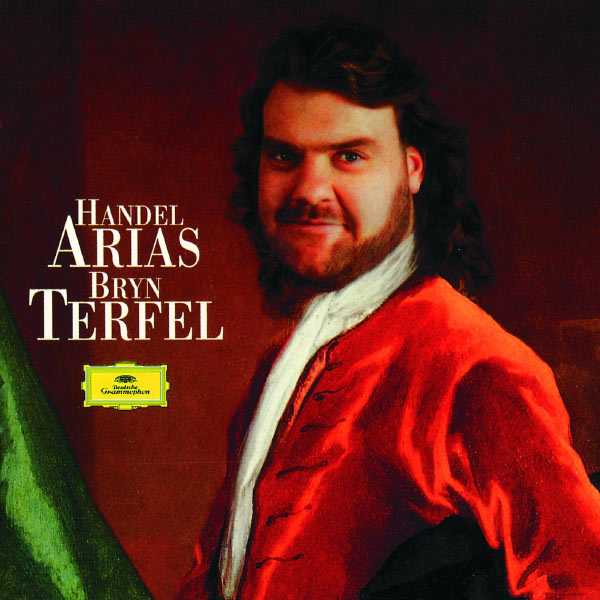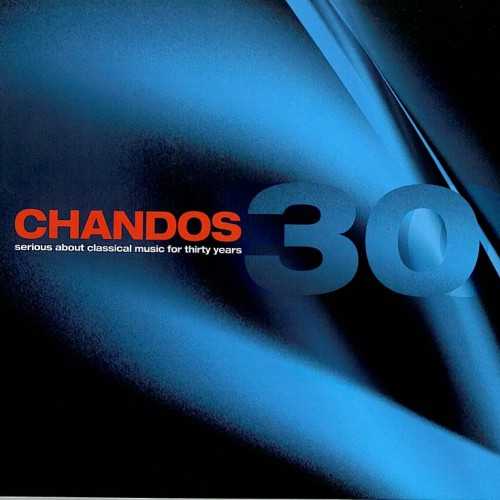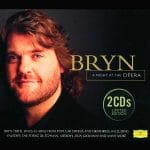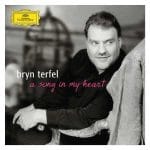
Composer: George Frideric Handel
Performer: Bryn Terfel
Orchestra: Scottish Chamber Ochestra
Conductor: Sir Charles Mackerras
Format: FLAC (tracks)
Label: Deutsche Grammophon
Catalogue: E4534802
Release: 1997
Size: 336 MB
Recovery: +3%
Scan: cover
Judas Maccabaeus HWV 63 / Part 1
01. I feel the Deity within…Arm, arm ye brave
02. Arm, arm ye brave
Te Deum in D Major, “Dettingen”, HWV 283
03. Vouchsafe, O Lord
Samson HWV 57 / Act II
04. Honour and arms scorn such a foe
Berenice
05. Si, tra i ceppi
Alcina / Act II
06. Verdi prati, selve amene
Orlando, HWV 31 / Act III
07. O voi, del mio poter
08. Sorge infausta una procella
Acis and Galatea / Act II
09. “I rage, I melt, I burn!”
Acis And Galatea, HWV 49 / Act II
10. “O ruddier than the cherry”
Semele HWV 58 / Act II
11. Where’er you walk
Alexander’s Feast / Part 2
12. “Revenge, revenge, Timotheus cries” – “Behold, a ghastly band”
Giulio Cesare / Act I
13. Va tacito e nascosto
Serse / Act I
14. Rec. “Frondi tenere e belle”
Serse / Act I HWV40
15. “Ombra mai fu”
Messiah
16. Thus saith the Lord
17. But who may abide the day of His coming
18. Why do the nationsScottish Chamber Orchestra
19. Behold I tell you
20. The trumpet shall sound
‘I feel’, sings Terfel with assurance in his voice matching the solemnly, expectantly, ceremonious opening bars; and then, the second time, ‘I feel’, but now with the awed conviction of one who has experienced ‘the Deity within’. The adjustment, the change of expression, is small, and no doubt when described sounds obvious enough; but it’s typical of the imaginative intelligence Terfel brings. And what of his singing, his voice production, his care for legato? As to the latter, conflict always lurks as expressive emphasis, shading and verbal naturalism assert their rights in the face of pure beauty and the evenness of the singing line. Terfel is one in whom the rival claims work their way to a compromise, though if one side has to win it will generally be the expressive element. A good example of the compromise is the second track, the ‘Vouchsafe, O Lord’, quietly and simply sung, preserving the movement’s unity and yet with a power of feeling that, at ‘let thy mercy lighten upon us’, is as overtly emotional as an operatic aria.
The adapted arias, ‘Where’er you walk’, ‘Verdi prati’ and ‘Ombra mai fù’, justify their inclusion readily enough, and it’s good to hear Terfel in the solos from Messiah. The singing here incorporates a good deal of embellishment, some of it of Mackerras’s devising. He’s excellent, sharing with Terfel an appreciation of the zest in Handel.
The recording is vivid and clean



